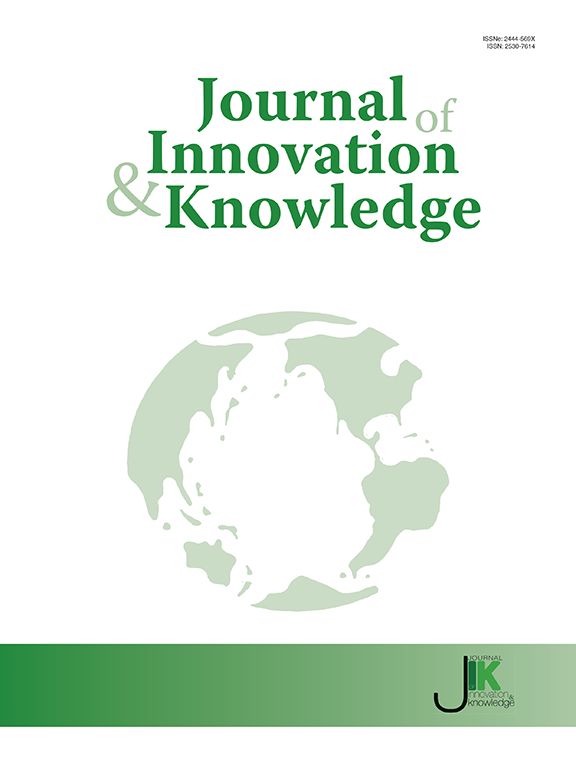The incidence of neoplasia is steadily increasing worldwide, with projections from the International Agency for Research on Cancer (IARC) indicating that cancers will become the leading cause of global mortality by 2050. This Special Issue of Clinics aims to focus on key aspects of hematological malignancies and solid tumors, encompassing their epidemiology, pathophysiology, and therapeutics. Topics to be covered include surgical innovations, radiation therapy, chemotherapy, targeted therapies, immunotherapy, advanced therapies, cancer rehabilitation, survivorship, and the societal and economic impacts of the disease, with particular emphasis on low- and middle-income countries.
Guest editors:

Roger Chammas, PhD
Hospital das Clínicas, Faculdade de Medicina, Universidade de São Paulo, São Paulo, SP, Brazil
(Oncology)

Rodrigo Calado, MD, PhD
Faculdade de Medicina de Ribeirão Preto, Universidade de São Paulo, Ribeirão Preto, SP, Brazil
(Oncology, Stem Cells and Cell Therapy)
Special issue information:
The incidence of neoplasia is steadily increasing worldwide, with projections from the International Agency for Research on Cancer (IARC) indicating that cancers will become the leading cause of global mortality by 2050. This Special Issue of Clinics aims to focus on key aspects of hematological malignancies and solid tumors, encompassing their epidemiology, pathophysiology, and therapeutics. Topics to be covered include surgical innovations, radiation therapy, chemotherapy, targeted therapies, immunotherapy, advanced therapies, cancer rehabilitation, survivorship, and the societal and economic impacts of the disease, with particular emphasis on low- and middle-income countries.
Manuscript submission information:
Submission deadline: 31/Dec./2024
Editorial Submission Site: https://www.editorialmanager.com/clinics/default1.aspx
Keywords:
Cancers; Therapy resistance;
Rehabilitation;
Cancer survivorship;
Oncology
Why publish in this Special Issue?
- Special Issue articles are published together on ScienceDirect, making it incredibly easy for other researchers to discover your work.
- Special content articles are downloaded on ScienceDirect twice as often within the first 24 months than articles published in regular issues.
- Special content articles attract 20% more citations in the first 24 months than articles published in regular issues.
- All articles in this special issue will be reviewed by no fewer than two independent experts to ensure the quality, originality and novelty of the work published.
Learn more about the benefits of publishing in a special issue.
Interested in becoming a guest editor? Discover the benefits of guest editing a special issue and the valuable contribution that you can make to your field.




 Acepta nuevos artículos hasta el 31 de December de 2024
Acepta nuevos artículos hasta el 31 de December de 2024 
